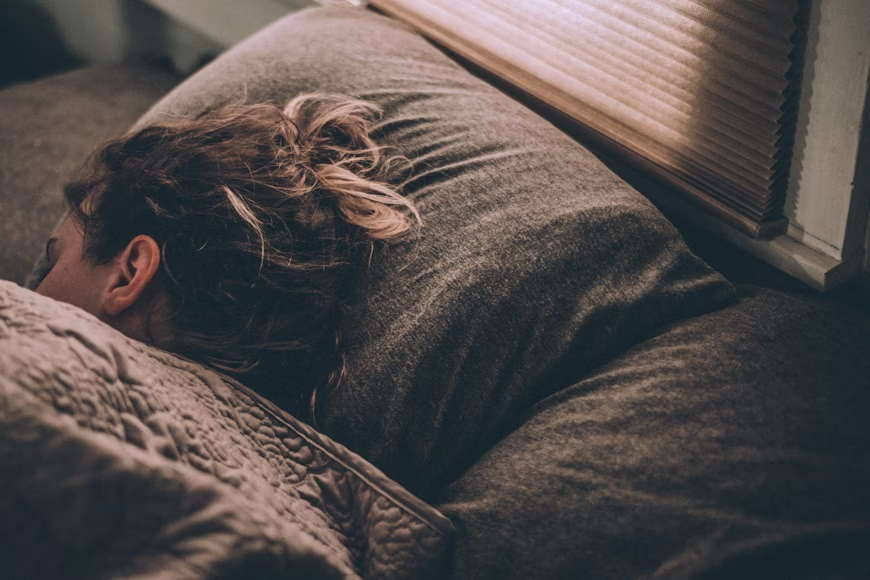Sleep
- Hamsini Devi Dasi
- Jan 15
- 2 min read
Updated: Aug 12
Here is one article on sleep, from the health section of the 10th edition of the Matchless Gift magazine, written by His Grace Maitreya Rsi Dasa. There are now 19 editions of the Matchless Gift available for the public. Check them out here.
“When it comes to choosing the greatest little pleasure of one's life, nothing can be compared to a good night's sleep,” says one study conducted in the UK about sleep
“Going to bed after a stressful day and waking up the next morning feeling completely refreshed is the greatest pleasure of a person's life,” says another, voting sleeping to the number one pleasure in life. Getting into a bed with freshly washed sheets was voted the 6th. (The Telegraph)
In a study conducted by Dr Tang and colleagues to examine sleep patterns in U.K. across a period of 4 years, analyzing many variables, one of the key findings pointed to a relationship between sleep and pleasure. The researchers noted that “the score improvements were also comparable with the average increase in well-being measured in lottery winners 2 years after a $250,000 jackpot win.”
“Better sleep feels like 8 weeks of therapy or winning a quarter of a million”
According to psychologist Norbert Schwarz⎯”Making $60,000 more in annual income has less of an effect on your daily happiness than getting one extra hour of sleep a night' (Barnett)
Stress causes insomnia. This insomnia can further increase stress and create displeasure, mood swings and many other symptoms of mental imbalance. Stress induced insomnia has been linked with increased risk for anxiety disorders and depression (American Academy of Sleep Medicine).
What do the Vedas say about sleep?
The direction of the Vedas ultimate lead to self-realisation, or knowledge that the soul is beyond the scope of material nature, which includes, of course, the body and it’s needs, like sleep. Like many things in the Vedas, especially regarding health, balance is recommended. Sleeping too little or too much are both advised against by Shri Krishna in the Bhagavad-gita:
naty-asnatas 'tu yogo 'sti
na caikantam anasnatah
na cati-svapna-silasya
jagrato naiva carjuna
There is no possibility of one's becoming a yogi, O Arjuna, if one eats too much, or eats too little, sleeps too much or does not sleep enough. (BG 6.16)
From this valuable instruction of Lord Krishna, we can know that the upkeep of our physical health is essential for the practice of spiritual life, although the two appear apparently diametrically opposed. This does not mean, of course, that sleeping should be a very emphasized aspect of our lives.
This recommendation is further elaborated on in the Ayurvedic scriptures, which tell us more about the specific effects of neglecting or overindulging in sleep:
Acharaya Sushruta explains: "The pleasure and sorrow, or nourishment and mal-nourishment, strength and loss of strength, libido and poor sexual virility, good intellect and poor memory, pleasure and sorrow full living are depend upon proper and improper sleep of an individual respectively.
Sleep as a natural urge
Ayurvedic seers have considered sleep as natural urge also. So it should not be suppressed. Its suppression causes yawning, body ache, drowsiness, headache, heaviness of the eyes etc.
